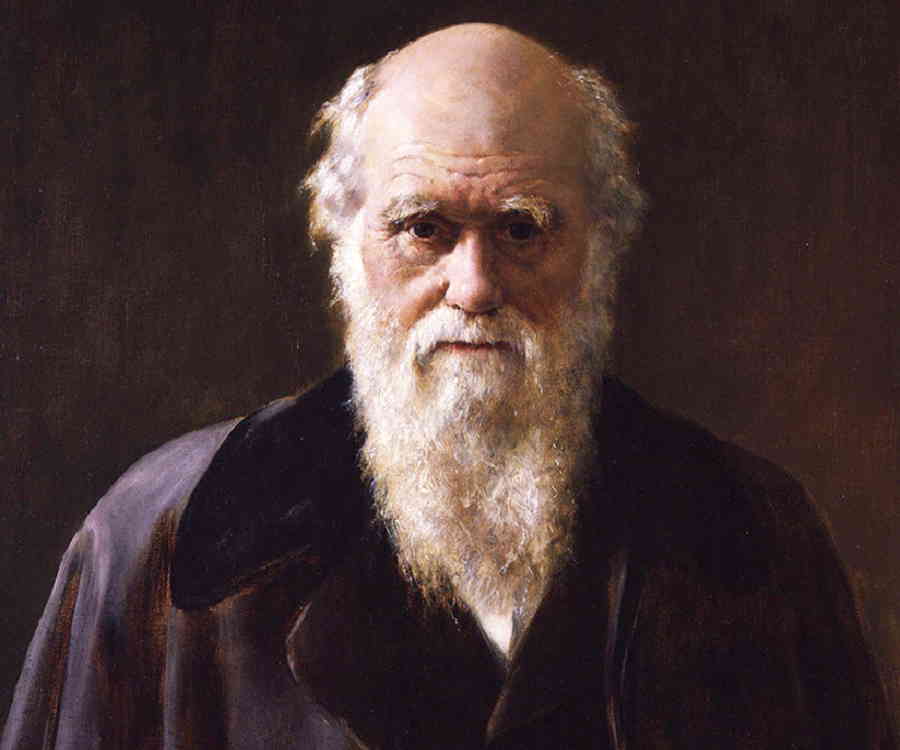The confluence of scientific inquiry and ethical contemplation manifests profoundly in the writings of Charles Darwin and Mary Shelley’s “Frankenstein.” At first glance, these two figures may seem disconnected—Darwin heralding the dawn of modern biology through his theory of evolution, while Shelley explores the promethean overreach of humanity in the face of scientific advancement. However, underpinning their narratives lies a rich exploration of morality, particularly relevant to the Bahá’í teachings, which advocate for harmony between science and religion.
Darwin’s seminal work, “On the Origin of Species,” presents a paradigm shift in understanding the natural world. His theory elucidates the mechanism of evolution via natural selection, radically challenging the anthropocentric views that had historically dominated religious thought. The implications of Darwin’s discoveries have provoked a reconsideration of humanity’s place within the universe—a sentiment that echoes the Bahá’í emphasis on unity and interconnectedness. The teachings of Bahá’u’lláh stress that all creation is a manifestation of God’s will, thereby infusing life with intrinsic purpose and ethical significance.
Conversely, Frankenstein serves as a cautionary tale about the moral implications of unchecked scientific ambition. Victor Frankenstein, driven by an insatiable desire to unlock the secrets of life, ultimately creates a creature that embodies the darker facets of humanity’s quest for knowledge. This narrative serves as a salient reflection on the ethical dimensions of creation—an exploration that resonates with the Bahá’í belief in the responsibility that accompanies knowledge. As Bahá’ís assert, science and religion must operate in concert, guiding humanity towards a future wherein ethical considerations temper scientific advancements.
The juxtaposition of Darwin and Shelley invites scrutiny into broader themes of morality during the scientific revolution. One common observation arises: there exists a fascination with the duality of human innovation and ethical responsibility. This fascination is rooted in the recognition that every scientific breakthrough carries with it an accompanying moral imperative. The Bahá’í teachings urge humanity to navigate this complexity with wisdom and discernment. They advocate for a framework where knowledge is utilized as a force for collective betterment—a position that aligns with the cautionary ethos found within “Frankenstein.”
In considering the shores of the Victorian era, the surge of scientific discovery was met with trepidation by some, particularly within religious circles that perceived Darwin’s theories as subversive. The tension between faith and empirical evidence resurfaces in contemporary discourse, a reminder that the quest for knowledge demands introspection regarding its ethical ramifications. The Bahá’í perspective encourages a synthesis of science and spirituality, proposing that enlightenment occurs when the two are integrated to create a holistic understanding of existence.
Examining the reactions to Darwin’s theory generates insight into societal values and apprehensions. The resistance from certain religious factions not only reflects a fear of obsolescence but also an inability to reconcile the implications of evolution with scriptural interpretations. Bahá’í teachings, however, promote a view of an evolving understanding of spirituality—where scientific discoveries are embraced as expressions of divine creativity. This approach fosters an environment where individuals can explore the intersections between faith and reason without fear of condemnation.
Moreover, the themes of hubris and humility dominate both Darwin’s and Shelley’s narratives. Victor Frankenstein’s tragic flaw lies in his refusal to acknowledge the limitations of human knowledge and the inherent dangers of overreach. His ambition spirals into despair as he faces the consequences of creating life without the requisite moral framework. Such reflections compel modern society to question its own pursuits in technological advancement. Are we, like Frankenstein, forging ahead without adequate consideration of ethical boundaries?
In contrast to this hubristic pursuit, Darwin’s meticulous scientific methodology exemplifies an inherent humility—a recognition of nature’s complexities and the wisdom that lies in observation. This humility is imperative in the context of Bahá’í teachings, which advocate for a purpose-driven approach to knowledge. Believers are encouraged to cultivate virtues such as wisdom, justice, and compassion as foundational ethical principles informing their scientific endeavors.
Furthermore, the moral implications of scientific progress are increasingly salient in contemporary society, as we grapple with advancements in artificial intelligence, biotechnology, and environmental ethics. Those drawn to the Bahá’í teachings find relevant guidance in these discussions. The emphasis on the oneness of humanity underpins the importance of shared ethical frameworks to navigate the potential perils of scientific advancements. The Bahá’í community embodies a commitment to the principles of collaboration, peace, and justice—values that must guide humanity through the complexities of progress.
In conclusion, the intersecting narratives of Darwin’s scientific revelations and Shelley’s moral quandaries illuminate the intricate tapestry of morality in light of scientific advancement. This exploration serves as a reminder that with great knowledge comes profound responsibility. The Bahá’í teachings call upon humanity to foster a dialogue that integrates ethics with scientific exploration, ensuring that the quest for knowledge enhances human dignity and unity. In this age of science, let us take heed of the lessons from both Darwin and Frankenstein, striving for a harmonious balance between scientific exploration and moral responsibility.
